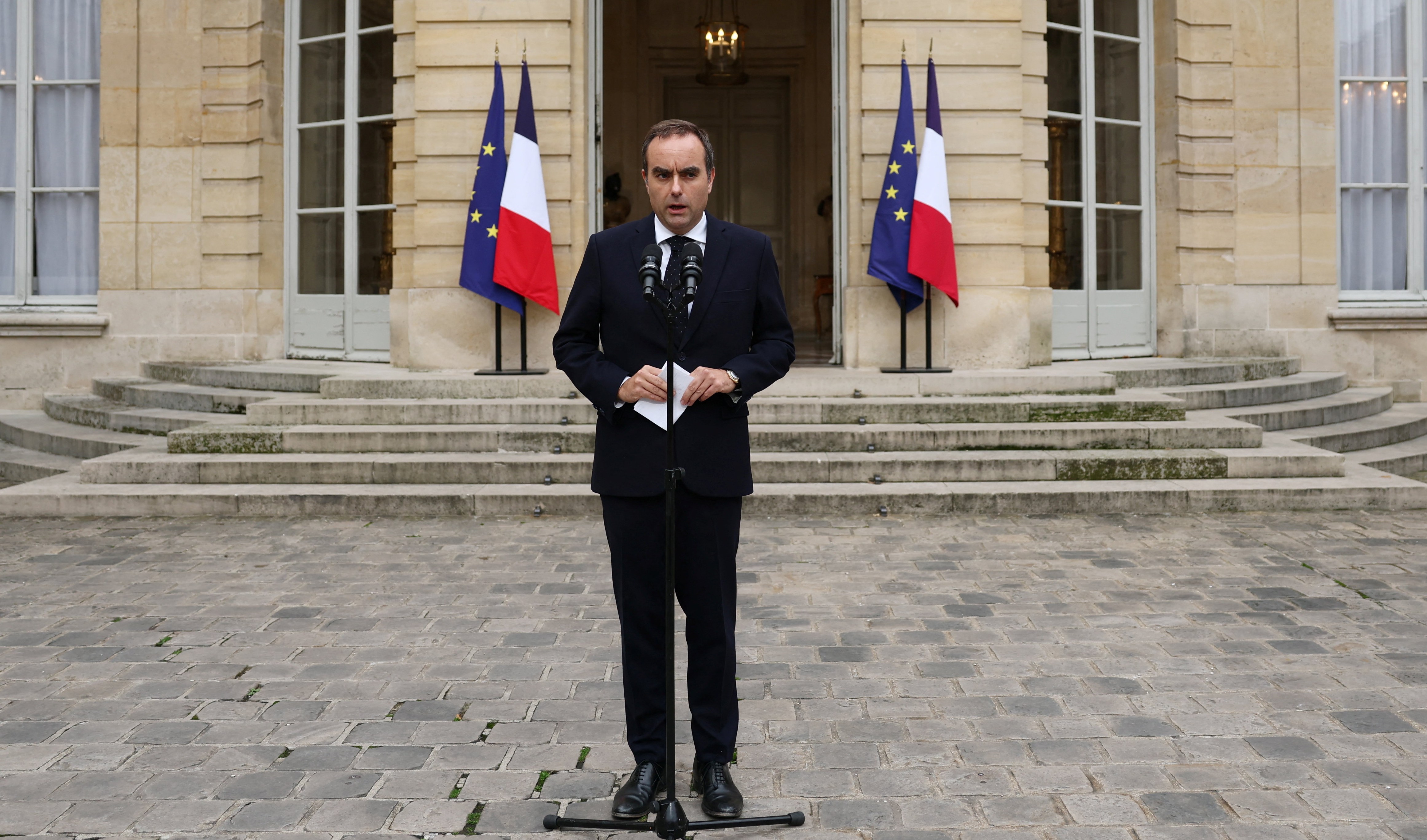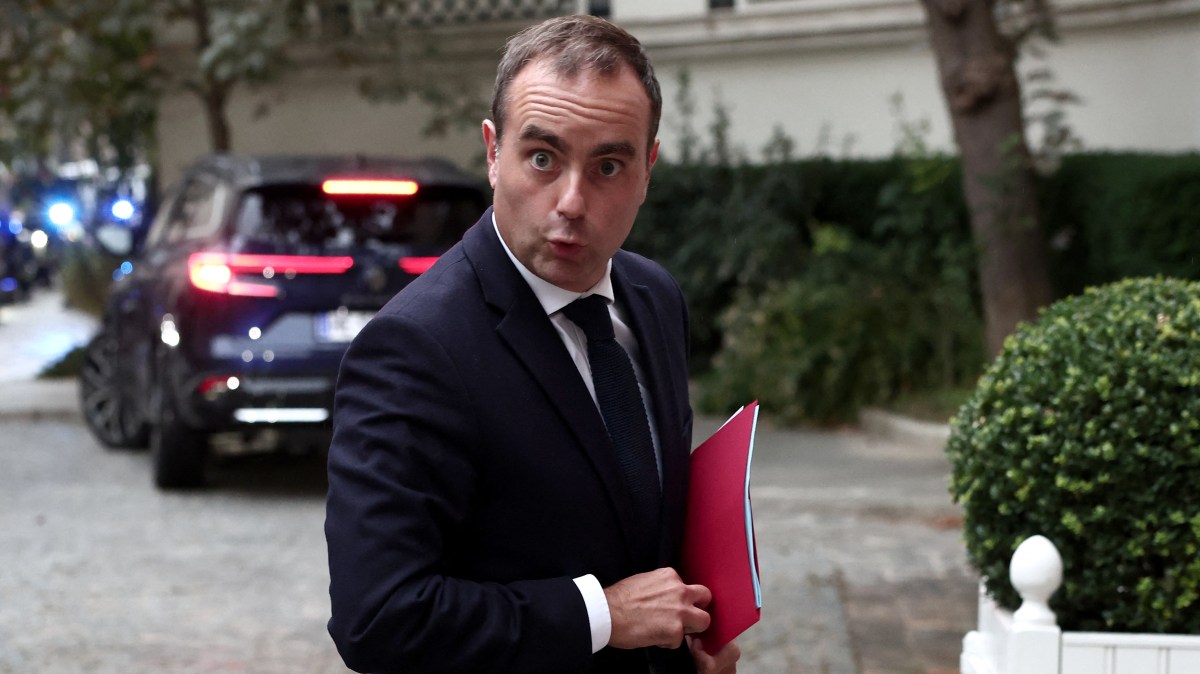President Macron’s latest prime minister, Sébastien Lecornu, has resigned in an unexpected move only a month after he was appointed.
The resignation of the prime minister, less than 24 hours after he appointed his new cabinet, leaves Macron’s presidency in tatters and deepens France’s political and economic crisis.
Lecornu, the country’s fifth prime minister in two years, had been viewed as Macron’s last hope of salvaging his presidency.

Lecornu with President Macron in July. There are now calls for the president to resign
LUDOVIC MARIN/AFP/GETTY IMAGES
Lecornu, a Macron loyalist, took almost four weeks after being appointed by the president to name his new ministers. When he finally did so, on Sunday, there was outrage across the political spectrum that the new government was broadly similar to the previous one.
Lecornu immediately came under fire from opposition parties on the left and the populist right, whose leaders threatened to topple the new government in a parliamentary vote of no-confidence. His position became still more fragile when senior figures of the centre-right Republicans called for the party to quit the coalition government.
Bruno Retailleau, the interior minister and the Republicans’ chairman, accused Lecornu of reneging on a promise to break with the policies pursued by his predecessors. The latest cabinet had included a string of Macron loyalists and key figures from the previous administration, including Retailleau himself.

Lecornu presenting his resignation
EPA/STEPHANE MAHE / POOL MAXPPP OUT
As opposition parties threatened to immediately call a confidence vote, the Élysée’s press office released a statement saying: “Mr Sébastien Lecornu has submitted the resignation of his government to the president of the republic, who has accepted it.”
French stocks and the euro fell on news of Lecornu’s resignation. It appeared to pre-empt a meeting of Republicans leaders scheduled for Monday at which they were to discuss whether to pull out of the government.
French politics has become increasingly unstable since Macron was re-elected for a second term as president in 2022. In parliamentary elections that followed the presidential election Macron’s centrist party failed to win a majority and France was left with a hung parliament in which no group held a majority.
Lecornu, 39, a low-profile former armed forces minister, was named head of government on September 9 after François Bayrou, 74, his predecessor, was ousted after nine months in office. Michel Barnier, also 74, the prime minister before that, lasted only three months.
Macron had hoped to end the instability by calling a snap parliamentary election last year but it only worsened the crisis by producing an even more fragmented parliament. Marine Le Pen’s populist right-wing party, the National Rally, emerged as the biggest parliamentary party but fell short of a majority.
Jordan Bardella, president of the hard-right Rally, called for another election. “There can be no return to stability without a return to the polls and without the dissolution of the Assemblée Nationale,” he insisted.
Jean-Luc Mélenchon, leader of the radical-left La France Insoumise (LFI) party, called for Macron’s removal via a vote. Mathilde Panot, a member of LFI, also called for Macron’s resignation. “The countdown has begun. Macron must go,” she wrote on X.
